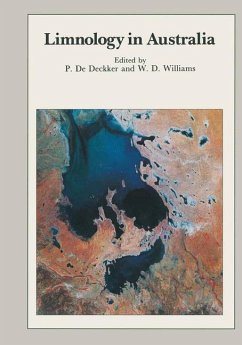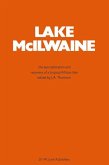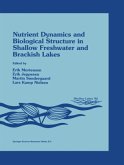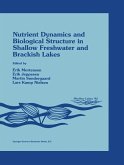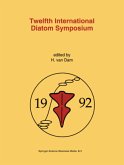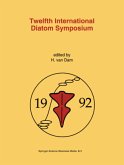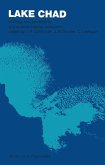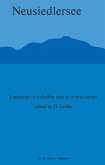Australia is the world's driest inhabited continent. Water is our limiting resource. It might therefore be thought that our water resources would be the subject of the most intensive study. Certain aspects, it must be conceded, have received much attention, notably the availability of water in terms of actual quantity. The size of the surface water and the groundwater resource is well understood and indeed receives about as much study as can reasonably be expected in a country with as sparse a population and level of scientific manpower as ours. Although the importance of understanding the water resource in terms of quantity is widely accepted, what has not been generally appreciated is that for this resource to be 'available' to human society for all the different uses to which it is put, it is not sufficient that there exists within easy reach of the end users a certain total volume of water. For that water to fulfil its functions-for agriculture, industry, the home, recreation, biological conservation-it must be in a certain state: it must conform to certain chemical, physical and biological criteria, and what has not been sufficiently appreciated in Australian society is that the condition a water is in depends very much on the ecology of the waterbody in which it resides. There are waterbodies in the world, for example high-altitude glacial lakes, which are naturally so pristine that their water could be used for any purpose without treatment.
Hinweis: Dieser Artikel kann nur an eine deutsche Lieferadresse ausgeliefert werden.
Hinweis: Dieser Artikel kann nur an eine deutsche Lieferadresse ausgeliefert werden.

